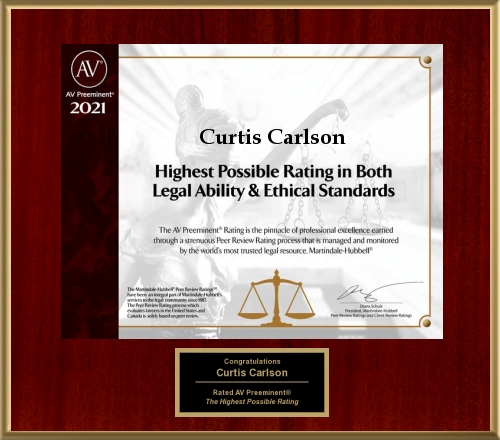Florida Investors Among Victims of Texas-Based Ponzi Scheme
On April 29th, 2025, the Securities and Exchange Commission (SEC) announced securities fraud charges against three people from Texas. Regulators determined that they perpetrated a $91 million Ponzi scheme against at least 200 investors. Funds were raised on false pretenses from the Vanguard Holdings Group Irrevocable Trust (VHG). Here, our Miami Ponzi scheme attorney provides an overview of the key points to know about the investment fraud case.
SEC Alleges Three People in Dallas-Fort Worth Area Pulled Off Major Ponzi Scheme
The SEC filed a complaint in the United States District Court for the Eastern District of Texas. Within this complaint, the federal agency alleges that three men from the Dallas-Fort Worth area pulled off a nearly $100 million Ponzi Scheme. The primary perpetrators were Kenneth W. Alexander II and Robert D. Welsh. The SEC contends that Mr. Alexander and Mr. Welsh used an investment entity called Vanguard Holdings Group Irrevocable Trust (VHG) to raise funds from investors on false pretenses. They promised investors safe monthly returns of 3 to 6 percent over the course of more than a year. For reference that is a promised annual return of 42 percent to 101 percent.
Investment Entity Not a Legitimate Business, Ponzi-Scheme Style Payments
The SEC also contends that a third man—Caedrynn E. Conner—funneled more than $46 million of investment funds from Vanguard Holdings Group Irrevocable Trust to the Benchmark Capital Holdings Irrevocable Trust. Representations were made to investors that VHG was a highly profitable international bond trading business with billions in assets. In reality, the scheme relied on Ponzi-style payments rather than any legitimate profits. Investors were falsely assured of protection through so-called “pay orders.” However, federal officials believe that millions of dollars were misappropriated for personal use.
SEC is Seeking All Appropriate Remedies
As part of its civil securities fraud complaint, the SEC is seeking all appropriate remedies against Mr. Alexander, Mr. Welsh, Mr. Connor, and both investment entities. Among other things, the agency is asking the court to issue permanent injunctions, an order of the return of unlawfully obtained funds along with interest, and the imposition of financial penalties against each individual defendant.
Ponzi Schemes All Eventually Collapse
Ponzi schemes always collapse eventually due to a fundamental flaw in their structure: they do not generate legitimate profits. Instead, they rely on a continuous influx of new investor money to pay returns to earlier investors. It is an unsustainable, fraudulent model that takes advantage of unsuspecting investors. At the core of every Ponzi scheme is the absence of actual investment activity. The scheme operator does not invest funds into legitimate profit-generating ventures. Instead, early investors are paid “returns” using funds collected from newer investors.
Contact Our Miami, FL Ponzi Scheme Losses Attorney Today
At Carlson & Associates, P.A., our Miami Ponzi scheme attorney fights for justice for investors. If you endured major investment losses because of a Ponzi scheme, we are here to help. Contact us today for a completely confidential initial consultation. We handle Ponzi scheme cases for investors in Miami and throughout South Florida.
Source:
sec.gov/newsroom/press-releases/2025-71














